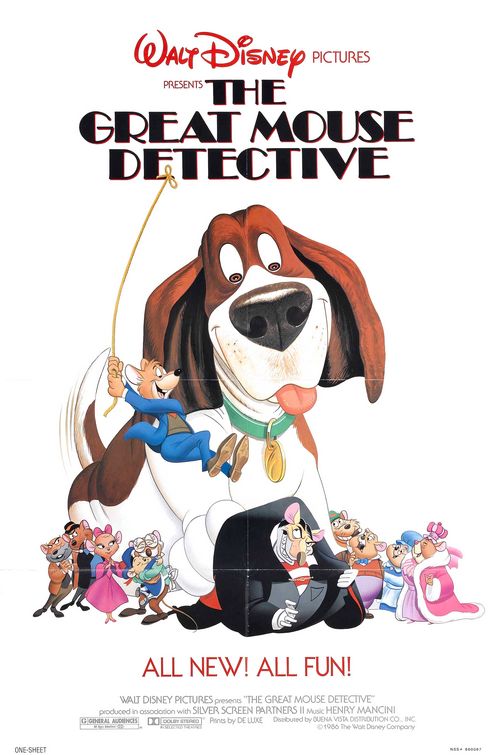
Gen Z Gets Their Health Advice From TikTok — Here’s Why
By Movieguide® Contributor
A new poll finds that over half of Gen Zers are getting their health advice from TikTok.
“Our study reveals that 56% of Gen Z use TikTok for advice on wellness and diet advice,” Zing Coach reported.
Their poll also found that one in three Gen Zers gets more wellness advice from the video app than anywhere else and that one in three don’t double-check the information they get from TikTok.
“When asked why Gen Z is getting their advice from the popular video-sharing platform, 40 percent said it was because it did not cost anything,” The Hill reported. “Another 22 percent said it was because it was fast, and 5 percent said it was because TikTok won’t try to sell them anything.”
Unsurprisingly, this has led to many issues for people who are following the advice of unqualified people, with Healthline saying one in 11 people had health issues after following TikTok advice.
“Aaron B. Zimmerman, optometrist and associate professor of clinical optometry at The Ohio State University recently treated a patient who embraced a TikTok video that endorsed health benefits of staring at the sun,” Healthline reported.
“This individual viewed the sun for an extended period of time until it became unbearable, and she suffered permanent damage to her retinas,” Zimmerman told the publication. “I suspect that practitioners across disciplines are seeing patients that have experienced harm from questionable content on various forms of media.”
Healthline pointed out that, the more views a video gets, the more a TikToker gets paid, which means “some [influencers] spread misinformation if it pays well enough.”
Sixty-three percent of those polled in Zing Coach’s study said they thought TikTok creators should be held legally accountable for the accuracy of their advice.
Movieguide® previously reported on the issue of TikTok creators sharing health advice on the platform:
While many TikTok influencers find fame by sharing their medical journeys, some warn their fans not to believe everything they see on the platform.
A 2022 study identified social media as “the next frontier” of DTC pharma marketing.
“People are persuaded by powerful stories in the absence of ‘hard’ evidence,” the study explained. “As more consumers turn to the internet as a primary source for health information, consideration needs to be given to how this information affects consumers’ decision-making.”
For example, a study by the University of Arizona College found that 40% of TikTok posts discussing liver disease contained medical misinformation.
However, the researchers found that those posts didn’t perform as well as posts with accurate information.
“What the researchers termed ‘misleading posts’ got an average of 1,671 ‘likes’ and 140 ‘shares’ compared to the average 14,463 ‘likes’ and 364 ‘shares’ for accurate posts,” Patient Engagement Hit reported.
Rudolph stresses that social media users need discretion with the information they receive.
“If you stumble upon a page where the content looks questionable or your intuition is telling you something feels off, listen to it,” she warns. “Following influencers who share firsthand experiences and information about their own journeys can be valuable and empowering, but a TikTok video is not a substitute for medical advice. Always speak with a doctor before implementing these practices yourself.”
This advice is especially poignant as nearly a fifth of all Americans turn to TikTok for medical advice.
Questions or comments? Please write to us here.


 - Content:
- Content: 

